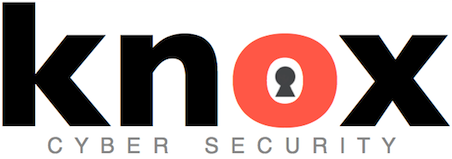Going Native and Leaning In
We’ve been asked by a number of clients and colleagues what we mean by going native, and why we consider it to be a benefit.
Here we try to explain what we mean by this.
It is unlikely to surprise any of our readers or clients to know that we at SIS at one time or another have worked for some of the larger consultancies in the UK. During our tenure as full-time employees of these companies we were engaged as management consultants, providing services as CHECK and CLAS consultants to some of the largest HMG clients in the country.
During this time we were being indoctrinated into the mindset of the the larger organisations and were under obligation to conduct business as ordered. We were instilled with the notion that to ‘go native’ was one of the worst things that you could do. It was often used as a derogatory term for a consultant amongst his or her peers. It meant that you had become too close to the client, it inferred that you were no longer a true-blue company suit and didn’t have the company intent at heart. To ‘lean in’ to a client was almost a preposterous facade of integrity. One was to retain a professional distance from the client so as not to appear as going native; but one was expected to ‘lean in’, as if one, during a conversation ‘leans in’ to demonstrate interest or positive intent. It doesn’t take much effort to realise that to ‘lean in’ is the antithesis of ‘going native’. How can a consultancy company do both?
Lets make it clear, whilst working for some of the larger consultancies we were of course expected to meet the client expectations, and to perform good work….which we always endeavoured to. However this was often a secondary function to our primary purpose. We were engaged as sales people in disguise! To progress in our respective companies we were often expected to sell the company and to demonstrably bring in new business. If one didn’t sell the company, bring in new business and help realise larger profit year on year, one was marked down on annual appraisals and often were overlooked for promotion or for pay rises and career progression. More often than not, those consultants with skills more akin to a used car salesperson in possession of nice shiny shoes and a well cut suit, skyrocketed to the upper echelons of the company in super-quick time. None of this sat well for us.
When we first got together to create this co-operative group; we were bothered by the ways we felt that we were mandated to manipulate the client into using our own bespoke methods, our technologies, our tooling, and how we were persuaded that we should not necessarily give the customer what they want. Rather we were to sell them what would be most profitable to our companies. The final triumph would be to either contractually or technically make our clients reliant upon our services such that they had no choice but to return to us for their needs. This was sometimes termed as ‘the gift that keeps on giving’.
We felt that this behaviour was morally reprehensible.
We feel that the best way to gain work from any client is to go native. For us this is not a derogatory term. If we work collaboratively with the client we are closer to the client’s problems, and can glean a greater understanding of their needs. By doing this we can more effectively work with them to arrive at an economical solution the client wants. We do not seek to sell more work, nor do we seek to tie clients in to our service. Our hope is that if we provide a good service to the best of our professional ability, our clients may return to us in the future. It really is that simple. Our honest integrity is our bond, our good work is the incentive for clients to re-engage us, and our client endorsements our marketing.
During a particularly memorable conference, a client stakeholder labelled us the ‘Jerry Maguire’ of information security consulting. We rather like that title…
